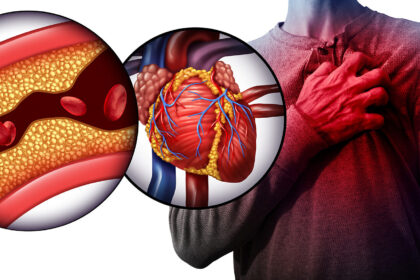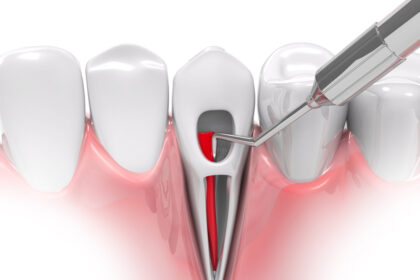Depression is a complex mental health condition influenced by many factors, such as genetics, environment, and psychological aspects. Lifestyle choices also play a significant role, helping to reduce symptoms. Here’s how depression relates to lifestyle choices, along with helpful tips and strategies for living a healthier, more balanced life:
Do Habits Shape Mood?
Making small, healthy lifestyle choices every day can greatly impact your emotional well-being. While depression has various causes, your daily habits around eating, sleeping, moving, and technology use all influence how you feel over time. Repeating positive actions helps shape a stable mental state.
Sitting too much may decrease your endorphins, the natural chemicals that boost your mood. Staying active and maintaining social connections promote emotional balance. Every choice you make can support your mental health, either helping you grow stronger or adding to your stress.
Does Sleep Affect You?
Getting enough restful sleep may improve your mental and physical health. Poor sleep can affect your ability to handle events, making you irritable or leading to negative thoughts. Over time, sleep problems can increase your risk of depression. While you sleep, your body repairs itself, which helps both your mind and body stay healthy.
To improve your sleep, avoid screens before bed because the blue light from devices can disrupt your sleep signals. Instead, try reading or meditating to relax your body and calm your mind. Good sleep enhances your focus, increases your energy, and strengthens your resilience.
How Is Diet Linked?
Eating healthy foods helps both your body and your brain. Diets high in processed foods, sugars, or unhealthy fats can make it harder to stay balanced. Eating nutrient-rich meals supports better overall health. When your body lacks nutrients, your energy and focus often decrease. To keep a more stable mood, try to eat whole, nutrient-dense foods. Don’t forget to add plenty of fresh vegetables, whole grains, and lean proteins, as these help keep your energy steady and reduce mood swings.
Does Exercise Really Help?
Movement has a special ability to change your mindset. Doing physical activity not only helps your body stay fit but also triggers the release of chemicals like serotonin and endorphins, which lift your mood. These natural chemicals make exercise a helpful way to manage symptoms of depression. Joining group sports or classes can add the benefit of social interaction, which may help maintain stability. Over time, making movement a regular part of your routine can improve both your physical health and mental clarity.
Does Ketamine Therapy Work?
Ketamine therapy has become a promising option for those battling depression, especially if other treatments haven’t worked. Unlike traditional antidepressants that may take weeks to be effective, ketamine acts quickly by targeting different receptors in the brain. This helps restore damaged connections between brain cells and can provide feelings of relief and mental clarity within hours or days.
Get Help for Depression
Creating a healthier lifestyle begins with simple steps. There’s no need to change everything at once. Start with small improvements, like adding more vegetables to your meals or stretching for a few minutes each day. These small changes can build momentum over time and help you develop lasting habits. If you’re interested in exploring new ways to manage depression, try finding a nearby ketamine clinic.









